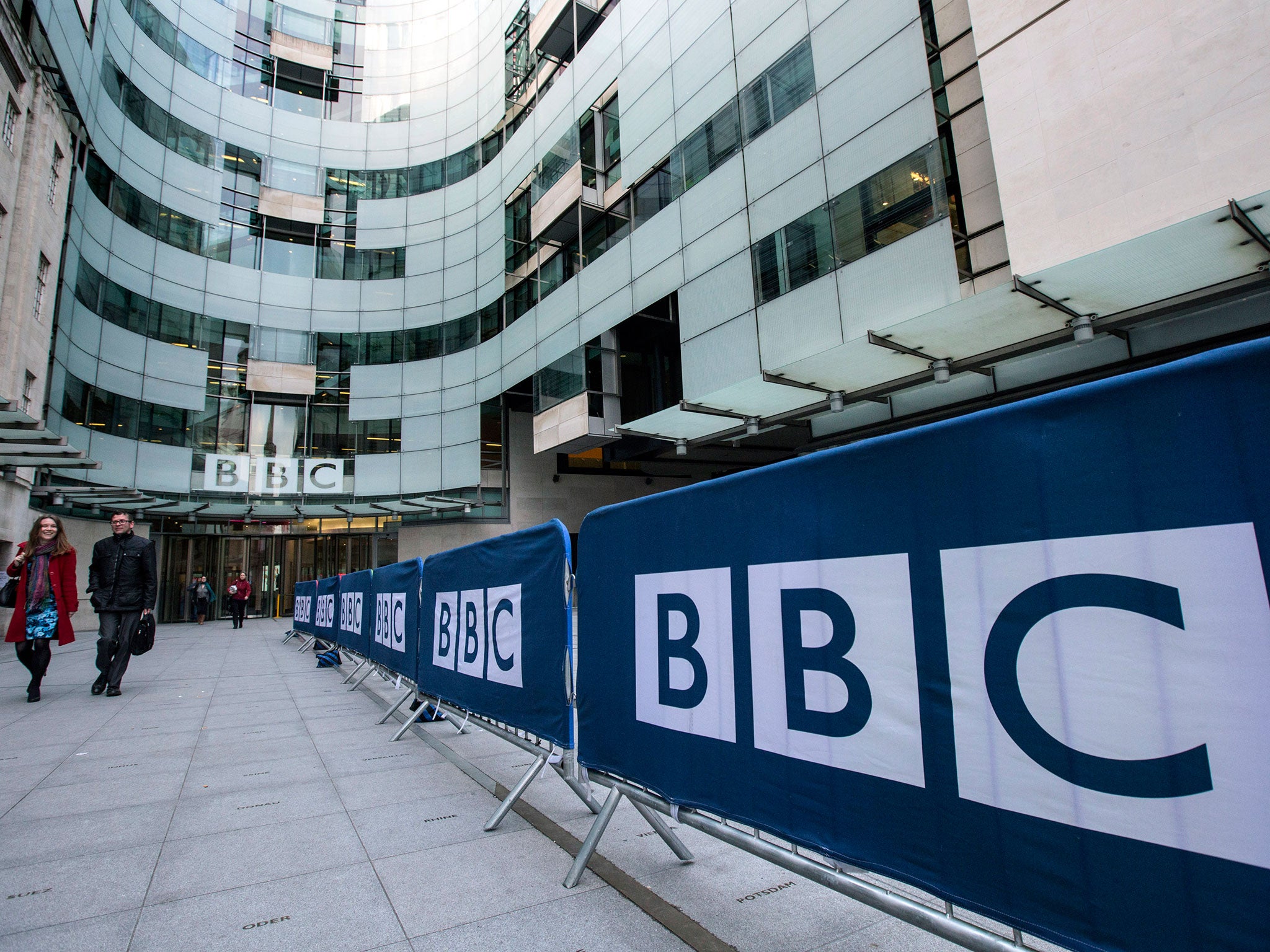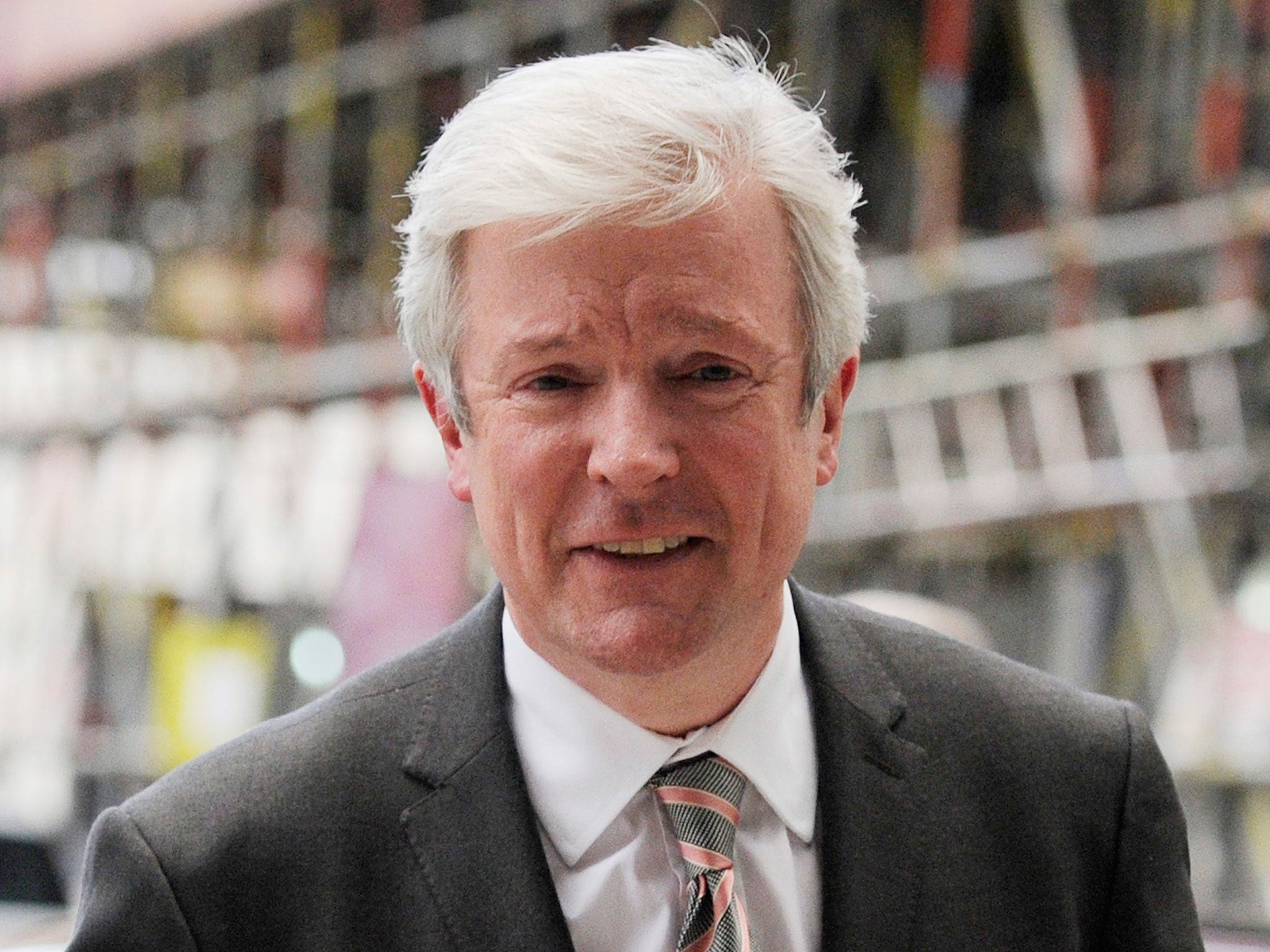End of the licence fee: BBC to back radical overhaul of how it is funded
Director-General backs idea for 500,000 more households to pay universal levy

The BBC will back a radical overhaul of the licence fee, paving the way for the end of the current system of funding the state broadcaster, the Corporation’s head, Tony Hall, is expected to say today.
In a speech to staff at Broadcasting House, Lord Hall is expected to indicate the Corporation’s backing for a broadcasting levy that would apply to every household, regardless of whether they have a television.
Last week the parliamentary Culture, Media and Sport Committee said the £145.50 annual licence fee should ultimately be replaced by a German-style “broadcasting levy” that would apply to every household. The change would allow the BBC to collect funds from the estimated 500,000 households which claim not to have a television or only watch programmes on-demand through platforms like the BBC iPlayer.
Setting out the BBC’s stance ahead of negotiations over the renewal of its Royal Charter in 2016, Lord Hall said: “We’ve always said that the licence fee should be updated to reflect changing times. I welcome the committee’s endorsement of our proposal to make people pay the licence fee even if they only watch catch-up television. The committee has suggested another route to modernising the licence fee – a universal household levy.

“Both proposals have the same goal in mind: adapting the licence fee for the internet age. I believe we need and we will need what the licence fee – in whatever form – makes happen more than ever.”
A household levy would future-proof the BBC since it reaffirms the concept that its contribution to public service broadcasting ought to be funded by a universal tax.
The system, introduced in Germany in 2013, would do away with the need to detect and prosecute those who avoid buying a TV licence. It is estimated that licence-fee collection costs £120m, with the BBC losing £250m to those who evade paying the charge. The German charge was set at €215 (£156) to pay for public service channels and is collected in monthly instalments. However MPs believe the earliest that a levy could be introduced in the UK would be 2026.
The Director-General will oppose a suggestion in the select committee report that a subscription element could be introduced once the household levy has been established.
Lord Hall is expected to say that subscription charges would deliver “poor value to the public” because people would end up paying more. The BBC would “no longer be universal”.
The Director-General will warn that a BBC forced to reduce the size and scope of its services as it competes against digital platforms offered by the likes of Google, Apple and Netflix would be fatally diminished. His speech claims: “The BBC is at a crossroads. Down one path lies a BBC reduced in impact and reach in a world of global giants. Damaging the UK’s creative industries. A sleep-walk into decay for the BBC, and Britain diminished as a result. Which means a UK dominated by American taste-makers.
“Down the other path is a strong BBC helping bind the country together at home and championing it abroad. A British creative beacon to the world. Providing a universal service for a universal fee. An internet-first BBC which belongs to everyone.”
Lord Hall will also set out his vision for a more personalised BBC, which uses digital advances to become more responsive to the individual tastes of viewers. Giving the example of Wolf Hall he will say that the BBC could do so much more by using personal data and recommendations “guiding you to radio shows about historical novels. The potential is huge to let our audience become schedulers. This is the start of a real transformation – the ‘my BBC’ revolution.”
The first broadcasting receiving licence was introduced in the UK in 1904 to cover radio broadcasts. The television licence was introduced in 1946.
Join our commenting forum
Join thought-provoking conversations, follow other Independent readers and see their replies
Comments